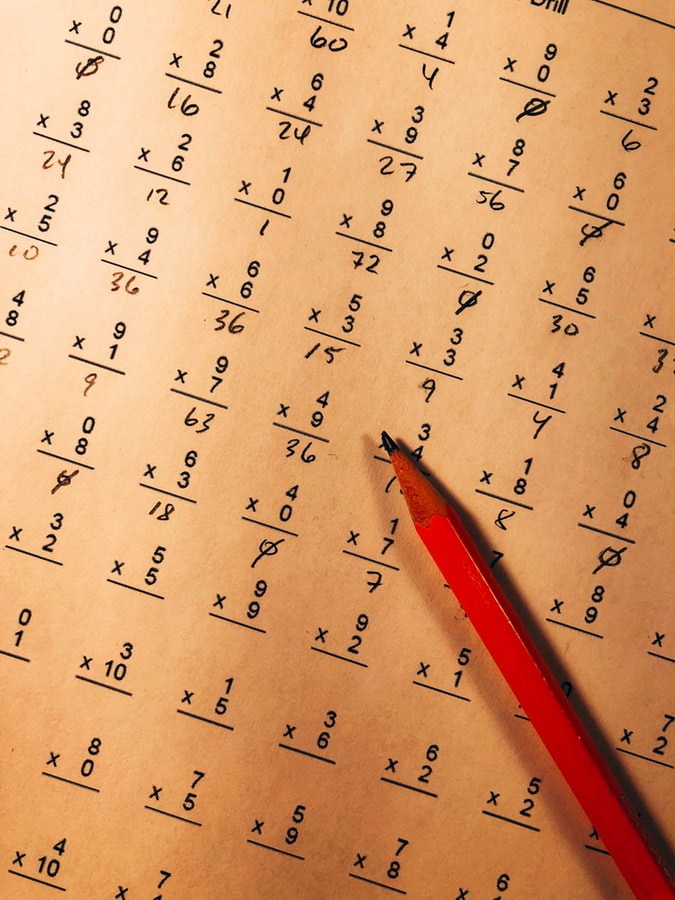Is 884 a prime number?
It is possible to find out using mathematical methods whether a given integer is a prime number or not.
For 884, the answer is: No, 884 is not a prime number.
The list of all positive divisors (i.e., the list of all integers that divide 884) is as follows: 1, 2, 4, 13, 17, 26, 34, 52, 68, 221, 442, 884.
For 884 to be a prime number, it would have been required that 884 has only two divisors, i.e., itself and 1.
Find out more:
As a consequence:
- 884 is a multiple of 1
- 884 is a multiple of 2
- 884 is a multiple of 4
- 884 is a multiple of 13
- 884 is a multiple of 17
- 884 is a multiple of 26
- 884 is a multiple of 34
- 884 is a multiple of 52
- 884 is a multiple of 68
- 884 is a multiple of 221
- 884 is a multiple of 442
For 884 to be a prime number, it would have been required that 884 has only two divisors, i.e., itself and 1.
Is 884 a deficient number?
Yes, 884 is a deficient number, that is to say 884 is a natural number that is strictly larger than the sum of its proper divisors, i.e., the divisors of 884 without 884 itself (that is 1 + 2 + 4 + 13 + 17 + 26 + 34 + 52 + 68 + 221 + 442 = 880).
